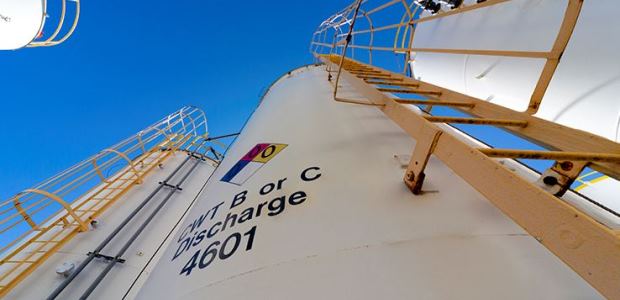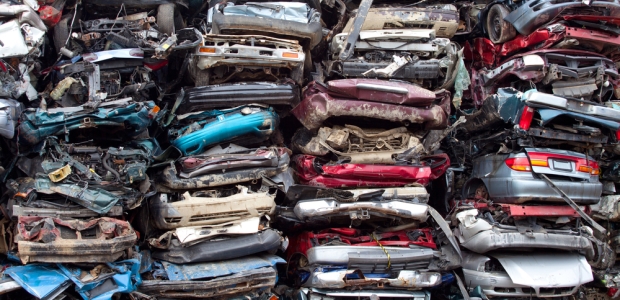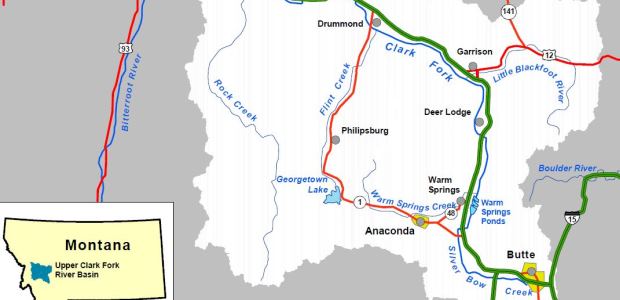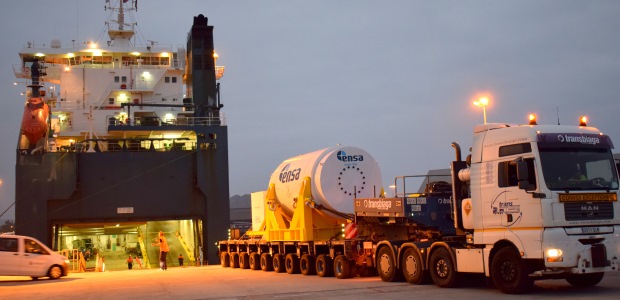
The new law extends the NOAA Marine Debris Program for five additional years and authorizes the National Oceanic and Atmospheric Administration to declare severe marine debris events.
The settlement requires Rho-Chem, LLC to complete a supplemental environmental project to purchase and provide at least $352,992 worth of emergency response instruments and communication and computing equipment to the Los Angeles County Fire Department's Homeland Security/Hazardous Materials Response Section.
The worker who died was making a turn while operating the truck from the right-hand side when he fell out and was run over. Cal/OSHA investigators determined the truck had a safety chain for the truck cab opening that could not be used because a part was missing.
The agreement signed Sept. 25 transfers regulatory authority over certain radioactive materials to the state. NRC transferred responsibility for licensing, rulemaking, inspection, and enforcement activities needed to regulate source material involved in uranium or thorium milling and the management and disposal of milling waste.
NRC is accepting additional public comments through Oct. 19 on environmental issues to be considered in its environmental impact statement, and the agency has given stakeholders until Oct. 29 to request a hearing.

While the e-Manifest is overall beneficial for the entire waste management industry, there is a lot to understand about the new system and other ever-changing regulations.
"Keith has provided outstanding legal counseling to DEP for the past four years," said Patrick McDonnell, Pennsylvania DEP secretary. "His broad experience within DEP and his extensive knowledge of environmental law will serve the council very well as they explore big-picture issue areas affecting the commonwealth."
"This land and groundwater cleanup is an important puzzle piece in the larger Hanford Project," said EPA Regional Administrator Chris Hladick. "Since these areas are virtually on the banks of the Columbia River, this work to further reduce toxic and radiological threats to the river is particularly important."
The agency would transfer responsibility for licensing, rulemaking, inspection, and enforcement activities related to the extraction and concentration of uranium and thorium milling and also the management and disposal of milling waste.
The toolkit includes safety guidance and material such as the "5 to Stay Alive" safety tips and "Top 10 Backing Best Practices." There is also a Safety Pledge for workers to sign and a Pledge to Get Home Safe mini poster.
The system will provide approximately 540,000 cubic feet per minute of air to the WIPP underground, significantly more than the current ventilation system. At an estimated cost of $288 million, the new ventilation system is expected to be completed by early 2021.
CEO Cal Dooley has agreed to stay through 2019 after the council's board of directors agreed that the chemicals and plastics industry must take a global leadership role to reduce and ultimately eliminate plastic waste.

Currently there are six metal shredding facilities in the state. The California Department of Toxic Substances Control plans to set enforceable operating requirements for metal shredding facilities through a hazardous waste permit.
Orleans Parish residents were able to bring paint, pesticides, antifreeze, garden chemicals, flammable liquids, muriatic acid, small mercury devices, aerosols, pool shock, household cleaners, motor oil, automobile batteries, and motorcycle batteries for disposal or recycling.
Nominations for innovations in six categories are due by July 2, 2018. The categories are academic, small business, greener synthetic pathways, greener reaction conditions, designing greener chemicals, and climate change.

Gov. Steve Bullock on March 28 announced the next steps for the Parrot Tailings Waste Removal Project in Butte, saying the Montana Natural Resource Damage Program has issued the bid package for the first phase of the project.
The presentation took place during the 2018 DOE Project Management Workshop held in Arlington, Va. The TWF project at Los Alamos National Laboratory is NNSA's first Hazard Category 2 Nuclear Facility project completed under budget.

The eight-month test involved a waste transportation and storage cask fresh off the assembly line being loaded with three surrogate fuel rod assemblies from the United States, Spain, and South Korea and then traveling from Spain to Colorado and back again by truck, ship, and train.
The company's stores and facilities were found to have improperly managed the disposal of aerosol cans, batteries, electronics, pesticides, paint, and other items, as well as customer information.